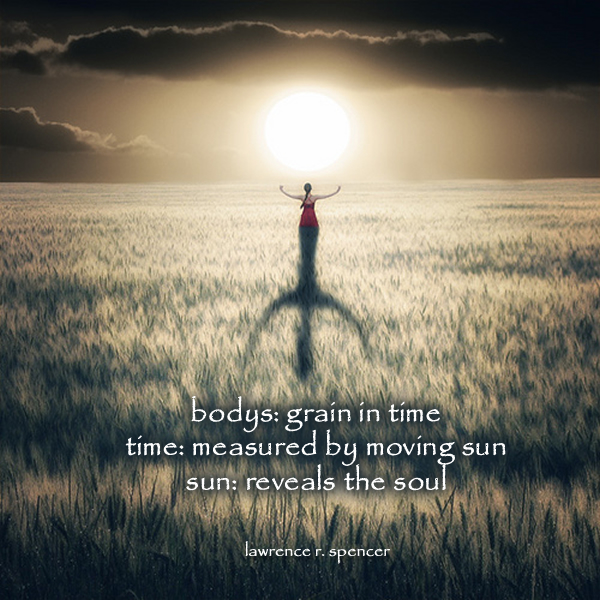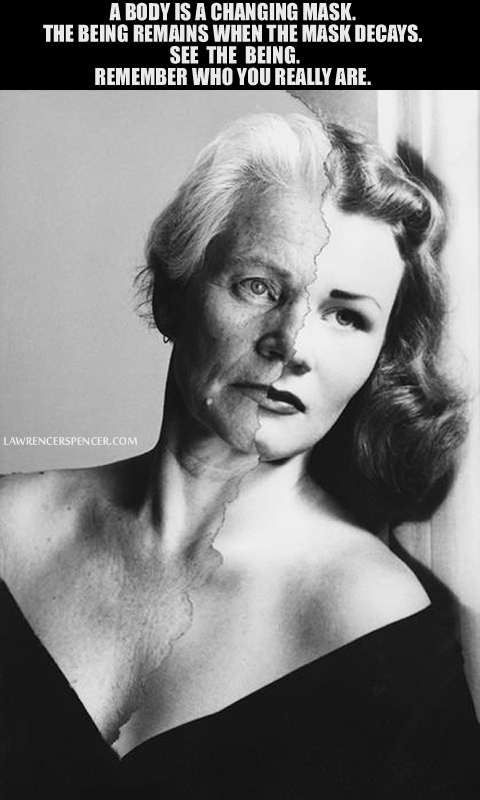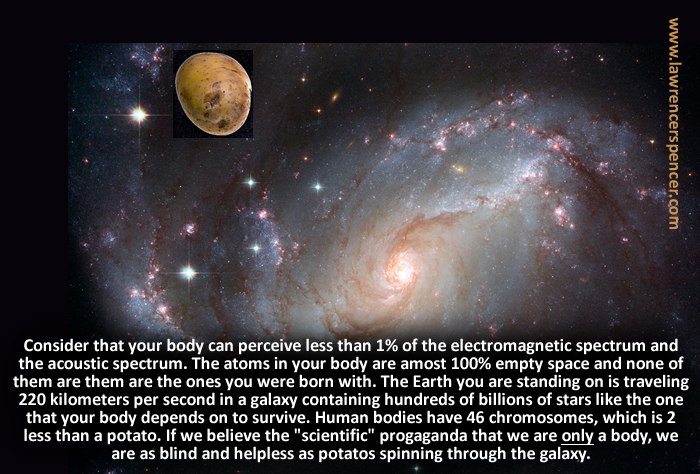Republished by Blog Post Promoter
Tag Archives: body
INVISIBLE and INVINCIBLE
Republished by Blog Post Promoter
CHANGE YOUR THOUGHTS
Republished by Blog Post Promoter
POTATO IN SPACE
Republished by Blog Post Promoter
SUN HAIKU
Republished by Blog Post Promoter

A Haiku (in the English language) is a short poem which uses imagistic language to convey the essence of an experience of nature or the season intuitively linked to the human condition. It is a development of the Japanese haiku poetic form in the English language. Some of the more common practices in English include: use of three lines of up to 17 syllables; most commonly, 5, 7, 5. Haiku uses an economy of words to paint a multi-tiered painting, without “telling all”.




